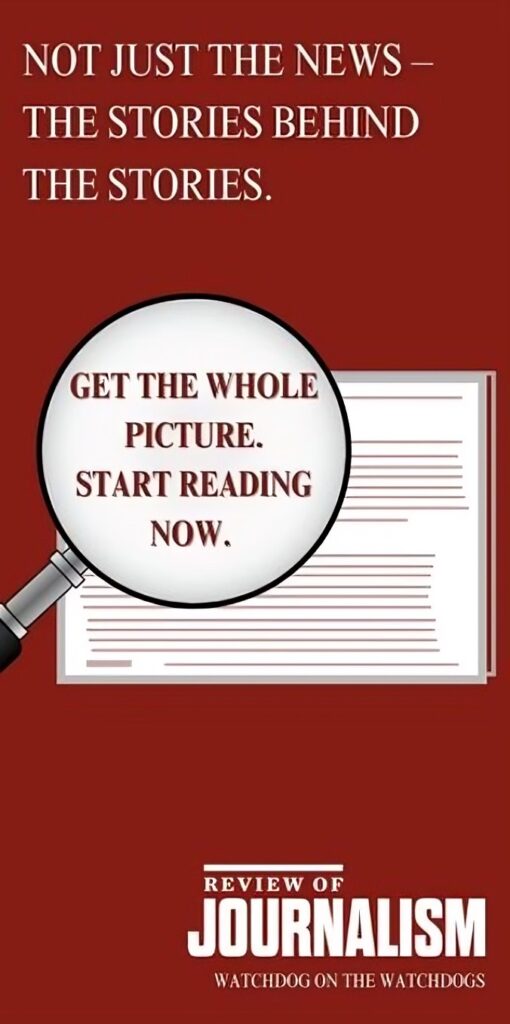In the aftermath of the failed Meech Lake and Charlottetown Accords, the Canadian Broadcasting Corporation went to work on its most ambitious historical docudrama, Canada: A People’s History. Eager to fulfill its mandate as a promoter of national unity and identity, the Mother Corp — as insiders often describe Canada’s oldest operating broadcaster — sought to make a series that would boost morale and instill in Canadians a sense of pride and security. At a time when the neoliberalist tide was running high, the Crown corporation also hoped such a series would be a blockbuster hit, generating much-needed revenue and proving its economic and cultural value to the nation.
The seventeen-episode, thirty-two-hour series first aired in October 2000, and it ran until November 2001. Narrated by Maggie Huculak and starring the likes of Lorne Cardinal, Eric Peterson, and Graham Greene, Canada: A People’s History was extravagant and expensive...
Matthew J. Bellamy is a historian at Carleton.

